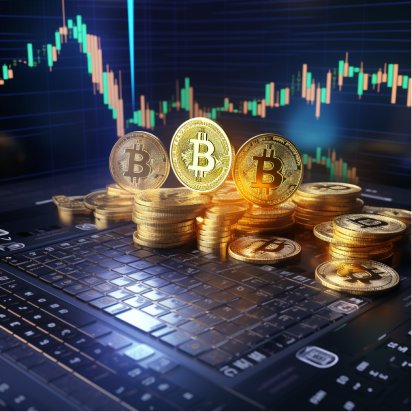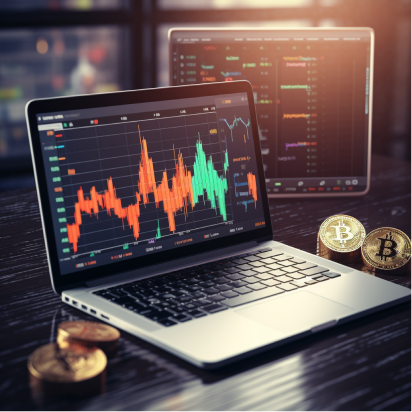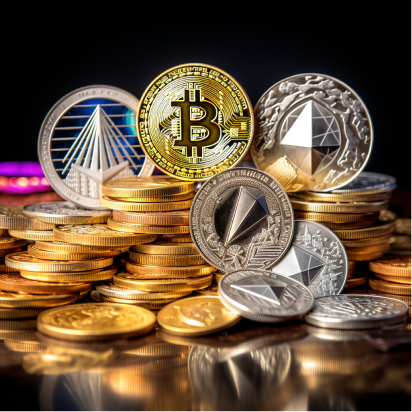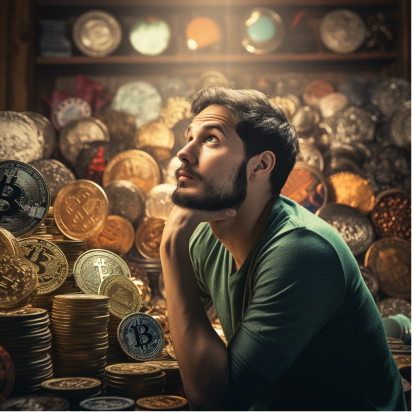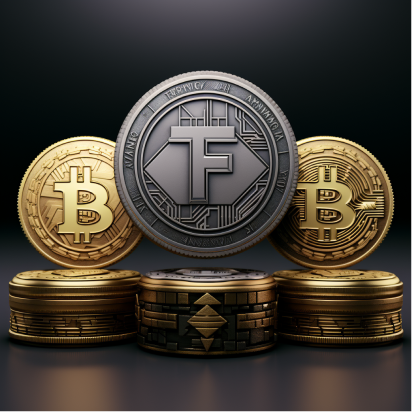Known as the first cryptocurrency, Bitcoin has come a long way since its humble beginnings. This digital currency, which is not subject to centralised control, has gained huge acceptance as an investment product and an alternative to traditional monetary systems.
In 2008, cryptocurrencies came into existence when a mysterious person or group called Satoshi Nakamoto published a comprehensive paper called “Bitcoin: A Collaborative Digital Tender System”. The white paper introduced Bitcoin as an innovative and groundbreaking system that has so far completely changed the way we do things financially. This decentralised, blockchain-based system heralded a new era of unparalleled financial autonomy and independence.
“At Bintense, we have created a flawless cryptocurrency exchange where anyone can buy Bitcoin and benefit from BTC price fluctuations. We establish maximum transparency and security, as well as offering reliable customer service and competitive rates to cultivate an optimal ecosystem.
The early days of Bitcoin
In January 2009, Nakamoto mined the first block of the Bitcoin blockchain, called the Genesis Block. In its early stages, Bitcoin quickly attracted a passionate and dedicated community that recognised its extraordinary potential.
22 May 2010 Laszlo Hanyecz’s peculiar decision has left an indelible imprint on Bitcoin history. He made the unusual decision to exchange 10 000 bitcoins for two pizzas. At the time, Bitcoin was still in its infancy and the price of BTC hardly had any real significance. Few could have foreseen the profound impact it would eventually have on the history of bitcoins. In fact, this bold transaction carries enormous symbolic weight in cryptographic circles.
BTC price cycles
The history of the BTC price clearly shows the inherent volatility of cryptocurrencies and the resulting market fluctuations.
In 2013, Bitcoin experienced a remarkable moment when its value soared to unprecedented heights. Several factors, including its rapidly growing adoption rate and the global recognition of its potential, led to the price of BTC rising from a small pittance to well over $1 000. However, shortly afterwards, the early-stage cryptocurrency exchange MT Gox suffered a catastrophic failure when it misappropriated 744,000 bitcoins from users’ funds, causing the bitcoin market to collapse.
In mid-December 2017, the price of Bitcoin surpassed $19,000, which means that in twelve months it has grown by a remarkable 1338%. This extraordinary activity did not go unnoticed, as a growing number of retail traders eagerly took to Bitcoin, initiating a frenzy around the coin. The proliferation of altcoins also played a key role in fostering the development of the cryptocurrency ecosystem at the time.
In the years that followed, Bitcoin grew steadily, with significant advances in security, scalability and user experience. In 2021, it recorded an extraordinary leap, reaching an all-time record of $68,789 in November that year.
The changing landscape of Bitcoin
Bitcoin has faced many challenges along the way, but it has undoubtedly revolutionised finance and attracted the attention of global investors and government authorities.
With a decentralised system based on blockchain technology, Bitcoin has given individuals greater control over their financial affairs. As this digital gold continuously pushes the boundaries and gains more recognition, its journey demonstrates the power of innovation and the innumerable opportunities that cryptocurrencies offer.
The dynamic and volatile nature of bitcoins requires caution. Its value can change rapidly, resulting in significant gains or losses. Before investing, individuals should research and understand bitcoins and the bitcoin market, taking into account their risk tolerance and financial situation. It is recommended to seek professional advice and be aware of market trends. Cryptocurrency markets are unpredictable and responsible investment management is essential to minimise risk.


